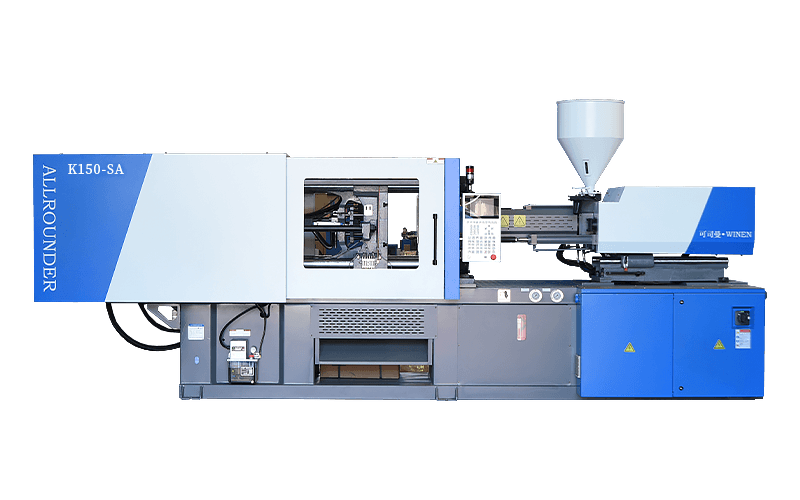Plastic injection molding machines play a vital role in modern industry. They can efficiently produce a variety of plastic products, from daily necessities to industrial parts. In the injection molding process, the cooling link is crucial to the quality of the final product. This article will focus on how to improve the production efficiency and product quality of plastic injection molding machines through stable cooling effects.
In the plastic injection molding process, the plastic in the mold needs to be quickly cooled and solidified after melting to ensure the dimensional accuracy and surface quality of the product. The stability of the cooling effect directly affects the internal structure, surface finish and mechanical properties of the product. Stable cooling effect can not only reduce the shrinkage deformation and internal stress of the product, but also improve the consistency of production and the reliability of the product.
1. Selection of cooling system
Choosing a suitable cooling system is the first step to improve the stability of the cooling effect. Common cooling systems include water cooling systems, air cooling systems and oil cooling systems. Among them, the water cooling system is the first choice for many injection molding manufacturers due to its high thermal conductivity and temperature control accuracy. By optimizing the control of water temperature and water flow, the mold temperature can be accurately adjusted to ensure the consistency of each production cycle.
2. Characteristics of cooling medium
Different cooling media have different thermal conductivity and specific heat capacity, which directly affect the stability of the cooling effect. Water has a large specific heat capacity and thermal conductivity, can quickly absorb heat and evenly distribute it on the mold surface, thereby achieving a fast and stable cooling effect. In contrast, the air cooling system is greatly affected by the ambient temperature and humidity, and the cooling effect is relatively unstable. It is suitable for some production scenarios that do not require high product appearance.
3. Optimization of temperature control system
Modern plastic injection molding machines are equipped with advanced temperature control systems that can accurately monitor and adjust the temperature of the mold. Through real-time data feedback and automatic adjustment, the impact of temperature fluctuations on product quality can be effectively reduced, ensuring the consistency and stability of each production cycle.



 English
English 中文简体
中文简体












